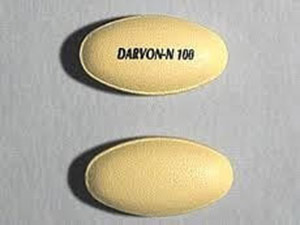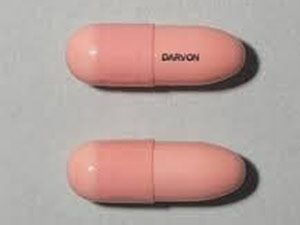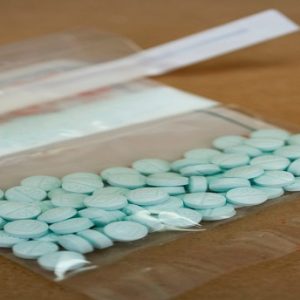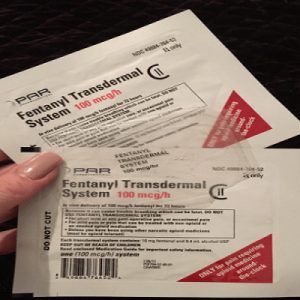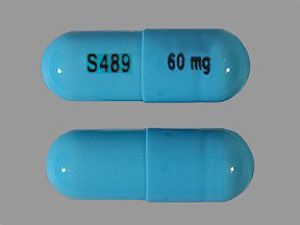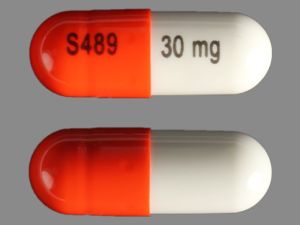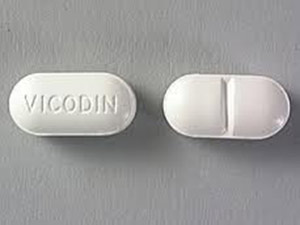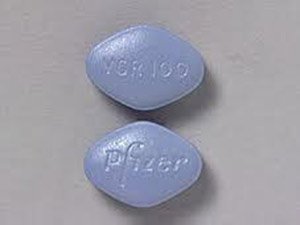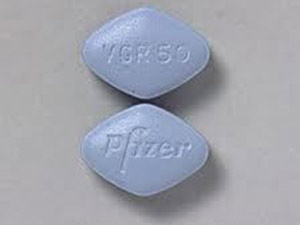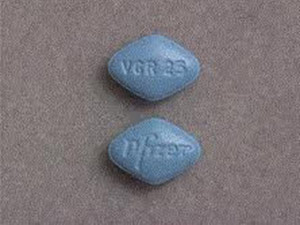Buy Darvon Online
What is Darvon?
Darvon, also known as propoxyphene, helps treat mild to moderate pain. Propoxyphene belongs to the class of drugs known as narcotic pain relievers.
Important Information
Avoid taking propoxyphene if you have a history of suicidal thoughts or actions. Do not take propoxyphene with a sedative (such as Valium or Xanax), an antidepressant, and alcohol.
Propoxyphene has the potential for drug abuse, so do not use it without prescription. Keep this drug in a safe place where no one else can access it. If you are taking propoxyphene, do not drink any alcohol. If you combine alcohol with a narcotic pain reliever, dangerous side effects or death can occur. Check the labels on your food and medicine to make sure they do not contain alcohol.
Do not take propoxyphene more than prescribed. Tell your doctor if the medicine is not working as well as it used to in relieving your pain. Propoxyphene has side effects that can make it difficult to think or react. If you drive or do anything else that requires you to be awake and alert, be cautious. If you stop taking propoxyphene suddenly, you may experience unpleasant withdrawal symptoms.
What to know before taking Darvon?
Before using Darvon, tell your doctor if you are allergic to any drugs, or if you have:
liver disease
kidney disease
sleep apnea, asthma, COPD, or other breathing disorders
a history of a brain tumor or a previous head injury
mental illness
a history of drug or alcohol addiction
You may not be able to use Darvon if you have any of these conditions and may need a dosage adjustment or special tests during treatment.
Avoid taking propoxyphene if you have a history of suicidal thoughts or actions. Do not take propoxyphene together with a sedative (such as Valium or Xanax) or an antidepressant if you are also drinking large amounts of alcohol.
Propoxyphene has the potential for being abused, so do not use it without prescription. Never give propoxyphene to another person, especially if they have a history of drug abuse or addiction. Avoid taking propoxyphene if you have a history of suicidal thoughts or actions. Keep the medicine in a safe place where no one else can access it.
Propoxyphene is classified as a pregnancy category C drug by the FDA because it can harm an unborn baby and cause breathing problems, or addiction and withdrawal symptoms in newborns. If you are pregnant during treatment, tell your doctor. Propoxyphene can pass on to a nursing baby through breast milk. If you are breastfeeding, do not use propoxyphene without first consulting your doctor.
Older people may be more sensitive to the effects of this medicine.
How to take Darvon?
Take propoxyphene as directed by your doctor. Do not take propoxyphene in larger doses or for longer than your doctor recommends. Follow the instructions provided on your prescription label. Tell your doctor if your pain medication is not working as well as it used to. You can buy Darvon online from a trusted website.
Take each dose of propoxyphene with a full glass of water. If propoxyphene upsets your stomach, take it with food or milk. If you suddenly stop taking propoxyphene, you may experience unpleasant withdrawal symptoms. Consult your doctor for advice on how to avoid withdrawal symptoms when you stop taking the medication. Propoxyphene should be stored at room temperature, away from moisture and heat.
Keep a record of how many pills you have taken from each new bottle of this medication. Propoxyphene is a commonly abused drug, and you should be aware if anyone in your household is misusing it or taking it without a prescription. You can order Darvon online if you have a prescription.
Darvon dosage
Adult dosage for pain
The usual recommended dosage is one 65 mg propoxyphene hydrochloride capsule every 4 hours as needed for pain.
Take 100 mg of Napsylate orally every 4 hours as needed.
The doses should not exceed 390 mg (capsule) or 600 mg (tablets) in 24 hours.
Overdose
Get emergency medical help at once if you think you have taken too much of this drug. A propoxyphene overdose can be fatal, especially if you also drink alcohol or take a sedative or antidepressant.
The overdose symptoms may include confusion, cold and clammy skin, extreme drowsiness, pinpoint or dilated pupils, blue lips, weak pulse, slow or uneven heart rate, shallow breathing, fainting, or breathing that stops.
What to avoid while using Darvon?
Avoid drinking alcohol while you are taking propoxyphene. If you combine alcohol with a narcotic pain reliever, dangerous side effects or death could occur. Check the labels on your food and medicine to make sure they do not contain alcohol. Propoxyphene may cause side effects that can impair your thinking or reactions. If you drive or do anything else that requires you to be awake and alert, be cautious.
Propoxyphene may interact with grapefruit and grapefruit juice, resulting in potentially dangerous side effects. Consult your doctor before using grapefruit products. Do not change the number of grapefruit products in your diet without first talking to your doctor.
Darvon side effects
The common side effects of propoxyphene include:
feeling dizzy or drowsy
blurred vision
mild skin rash
nausea, vomiting, stomach pain, constipation
headache, muscle pain
Tell your doctor at once if you have any of these serious side effects:
shallow breathing, slow heartbeat
fainting, feeling light-headed
confusion, hallucinations, unusual thoughts, or behavior
seizure or convulsions
jaundice (yellowing of the skin or eyes)
What drugs can interact with Darvon?
Do not combine propoxyphene with other narcotic pain relievers, sedatives, tranquilizers, muscle relaxants, or other medications that can make you sleepy or cause your breathing to slow down. It may lead to dangerous side effects.
Darvon interacts with many medicines and may lead to serious side effects. Before taking Darvon, tell your doctor if you are using any of the following drugs:
conivaptan (Vaprisol)
dexamethasone (Decadron, Hexadrol)
imatinib (Gleevec)
amiodarone (Cordarone, Pacerone)
aprepitant (Emend)
bosentan (Tracleer)
John’s wort
seizure medicines such as carbamazepine (Carbatrol, Tegretol), felbamate (Felbatol), oxcarbazepine (Trileptal), or phenytoin (Dilantin), or primidone (Mysoline)
isoniazid (for treating tuberculosis)
medicine for the heart or blood pressure such as diltiazem (Cartia, Cardizem), felodipine (Plendil), nifedipine (Nifedical, Procardia), verapamil (Calan, Covera, Isoptin, Verelan)
an antidepressant such as nefazodone;
HIV/AIDS medications such as atazanavir (Reyataz), delavirdine (Rescriptor), efavirenz (Sustiva), etravirine (Intelence), fosamprenavir (Lexiva), indinavir (Crixivan), nelfinavir (Viracept), nevirapine (Viramune), saquinavir (Invirase), or ritonavir (Norvir);
antifungal medicines such as clotrimazole (Mycelex Troche), fluconazole (Diflucan), itraconazole (Sporanox), ketoconazole (Nizoral), or voriconazole (Vfend)
medicines to treat narcolepsies, such as armodafinil (Nuvigil) or modafinil (Provigil)
a blood thinner such as warfarin (Coumadin)
antibiotics such as clarithromycin (Biaxin), dalfopristin/quinupristin (Synercid), erythromycin (E.E.S., EryPed, Ery-Tab, Erythrocin), rifampin (Rifadin, Rifater, Rifamate), or telithromycin (Ketek)
a barbiturate such as secobarbital (Seconal), butabarbital (Butisol), pentobarbital (Nembutal), or phenobarbital (Solfoton)
Showing all 2 results

